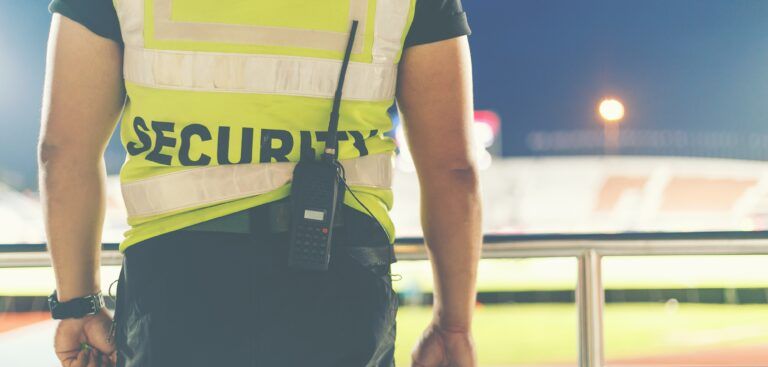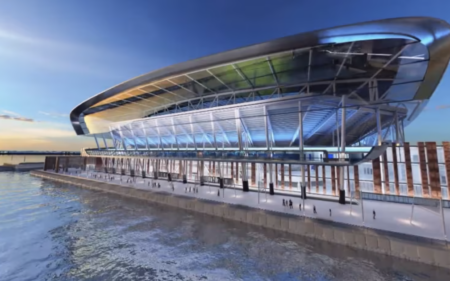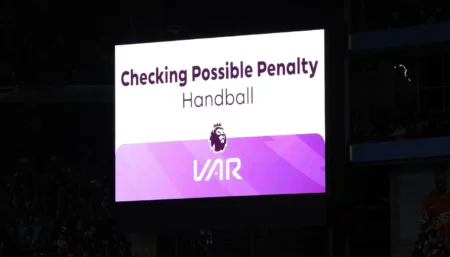Major sporting and entertainment events in stadiums are complex and challenging to run. It is vital that everything runs smoothly. Staff need to be alert to any incident or problem, crowds need to be managed, and the general public and workforce need to be kept safe and secure.
Two-way radios provide reliable, always available, instant push-to-talk (PTT) communications and are essential to delivering a successful event. Radios allow stewards and security guards, to be kept informed at all times on the progress of the event and made aware of any problems as they occur.
Radios make it much easier to coordinate the stadium’s workforce outside the stadium, within the facilities, and out on the pitch or arena floor. The loud background noise at sporting or music events make communicating over mobile phones very difficult. But specialist two-way radios have noise-canceling technology, which allows workers to hear each other clearly.
Two-way radios are an essential tool for event security staff, as they can be used to quickly alert colleagues of an incident or suspicious behavior. A response can be immediately organized to resolve issues before they escalate. Radios make it easy for staff to call for backup, while radio language and code words can be used to tell fellow staff about an issue without creating panic among the public.
Radios can also be linked to Bodycams, which double up as remote speaker microphones. Mobile Bodycams complement fixed CCTV coverage in and around the stadium. Bodycams also reduce anti-social behavior as people tend to calm down if they know they are being filmed. Video footage can be used as evidence in court, as a means of reviewing incidents, and as a training tool.
Some Bodycams, such as the Hytera VM780 can stream live video over 4G LTE or Wi-Fi to control rooms to improve situational awareness. The VM780 is also a Push-to-Talk over Cellular (PoC) device, so it can also be used for voice calls.
One of the main challenges at big stadium events is crowd control. Managing large numbers of people in a confined space is difficult. A clear crowd management strategy needs to be in place and radios can help to make sure the way a crowd flows can be successfully controlled.
Stewards and security guards can identify bottlenecks holding crowds up or delaying queues and deliver instructions on how to manage or avoid them via their radio. Radios are also vital to organize and control an emergency evacuation of the stadium and to steer spectators to the most appropriate exit.
Radios are also immensely useful outside of major event days, as stadium managers and their FM teams go about ensuring the smooth day-to-day running and maintenance of the facility. Radios can be connected to fire alarms, IoT sensors and other smart building solutions, which can send alerts if equipment is malfunctioning or some item needs replacing.
The radios also support status messaging, job ticketing and workflow management systems, which helps to improve worker efficiency and productivity and enables the stadium staff to provide a better, more timely service to their customers.
Hytera radio solutions also double as safety devices as the emergency calling button provides priority access to the radio network, while Man Down and Lone Worker alerts protect staff working in isolation or in remote areas. Integrated GPS enables workers to be monitored and located outdoors, while indoor location beacons linked to the radio can track and locate staff inside the stadium.
Hytera offers a wide range of Digital Mobile Radio (DMR) hand portable radios and PoC devices. PoC radios can support broadband applications such as video and data.





